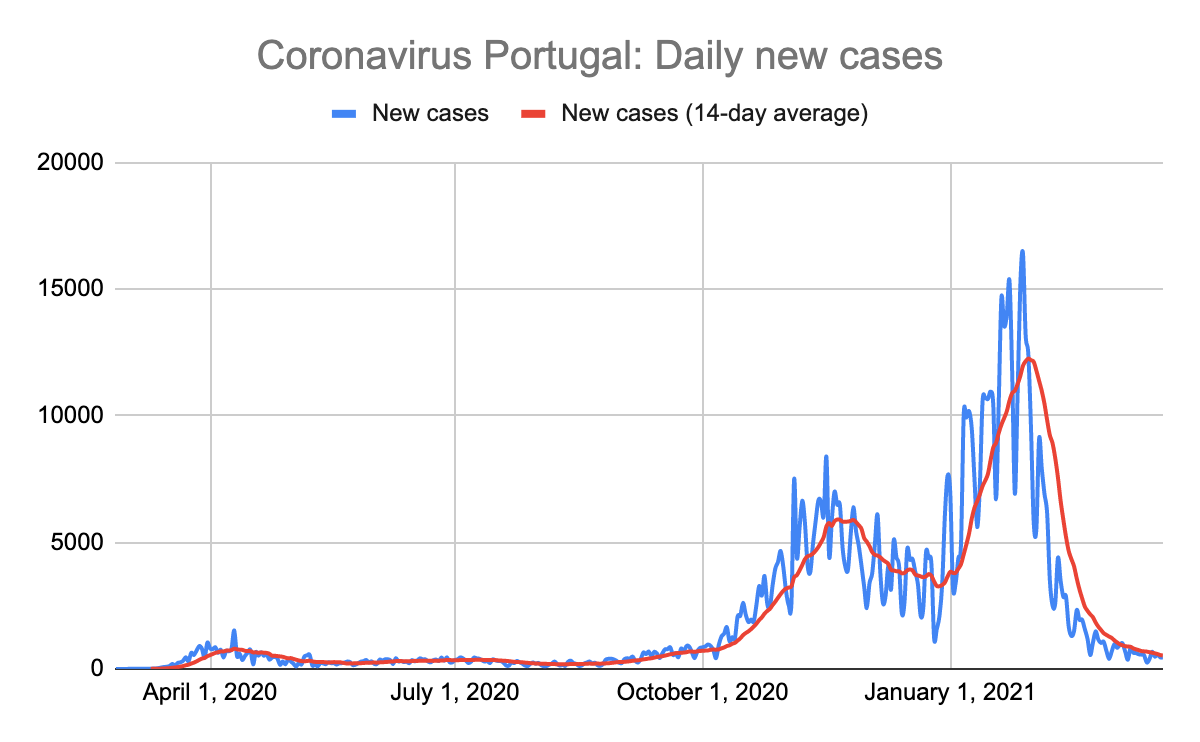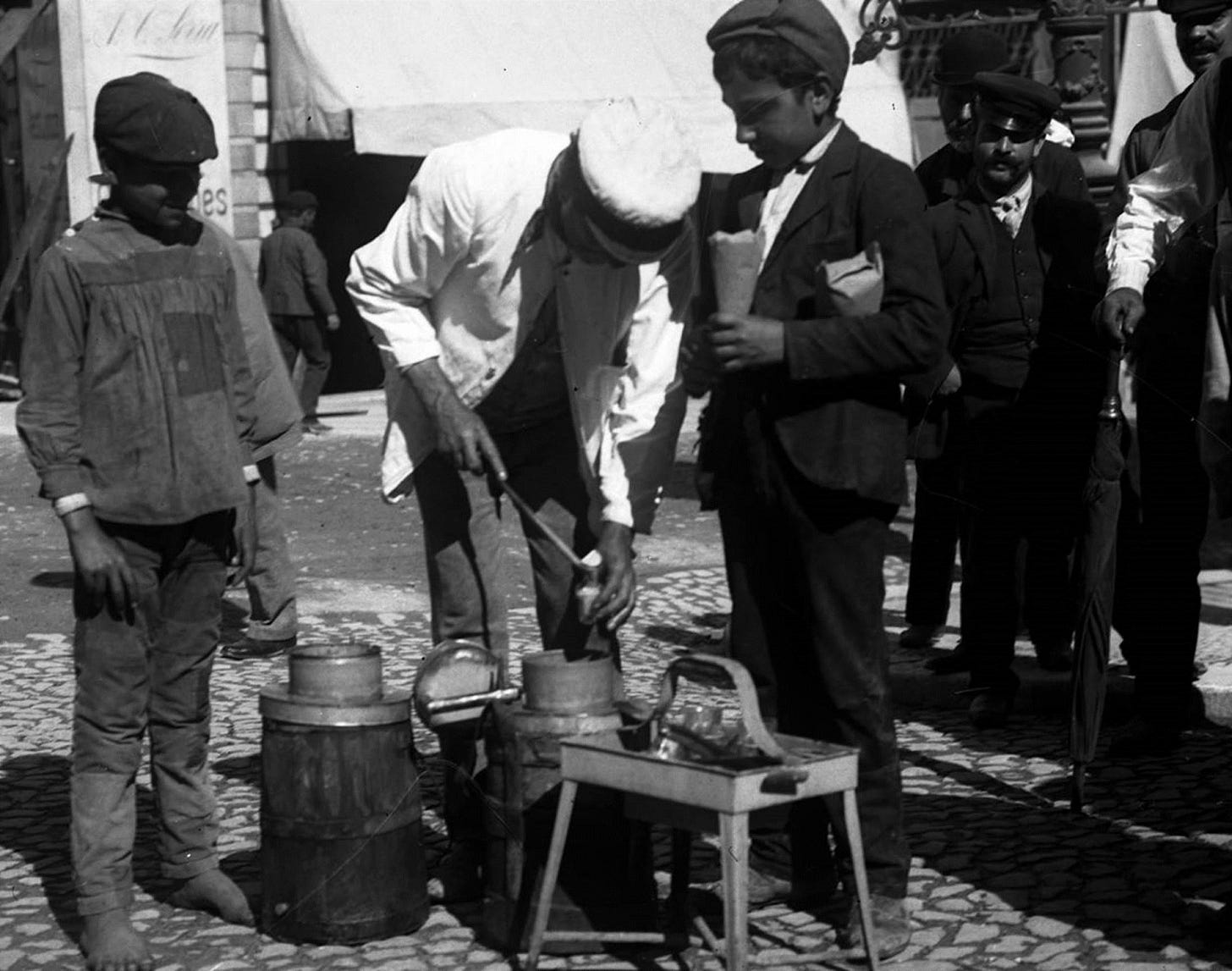AstraZeneca vaccine declared safe after blood clot concern // Travel changes for UK, Germany and South Africa
Portuguese news in English on Sunday, March 21, 2020.
By the numbers
Case numbers are still creeping down ever so slowly but the rate of that fall has definitely slowed right down. New daily cases were halving almost every week in February but it’s taken two to three weeks for the same drop this month. Fewer than 10 covid-19 patients died today and yesterday, the fewest since October, and hospitalisations are back to October numbers too. The Lisbon and Tejo Valley region is pretty regularly recording more cases than the North now and Madeira is finding more infections than both the Algarve and Alentejo.
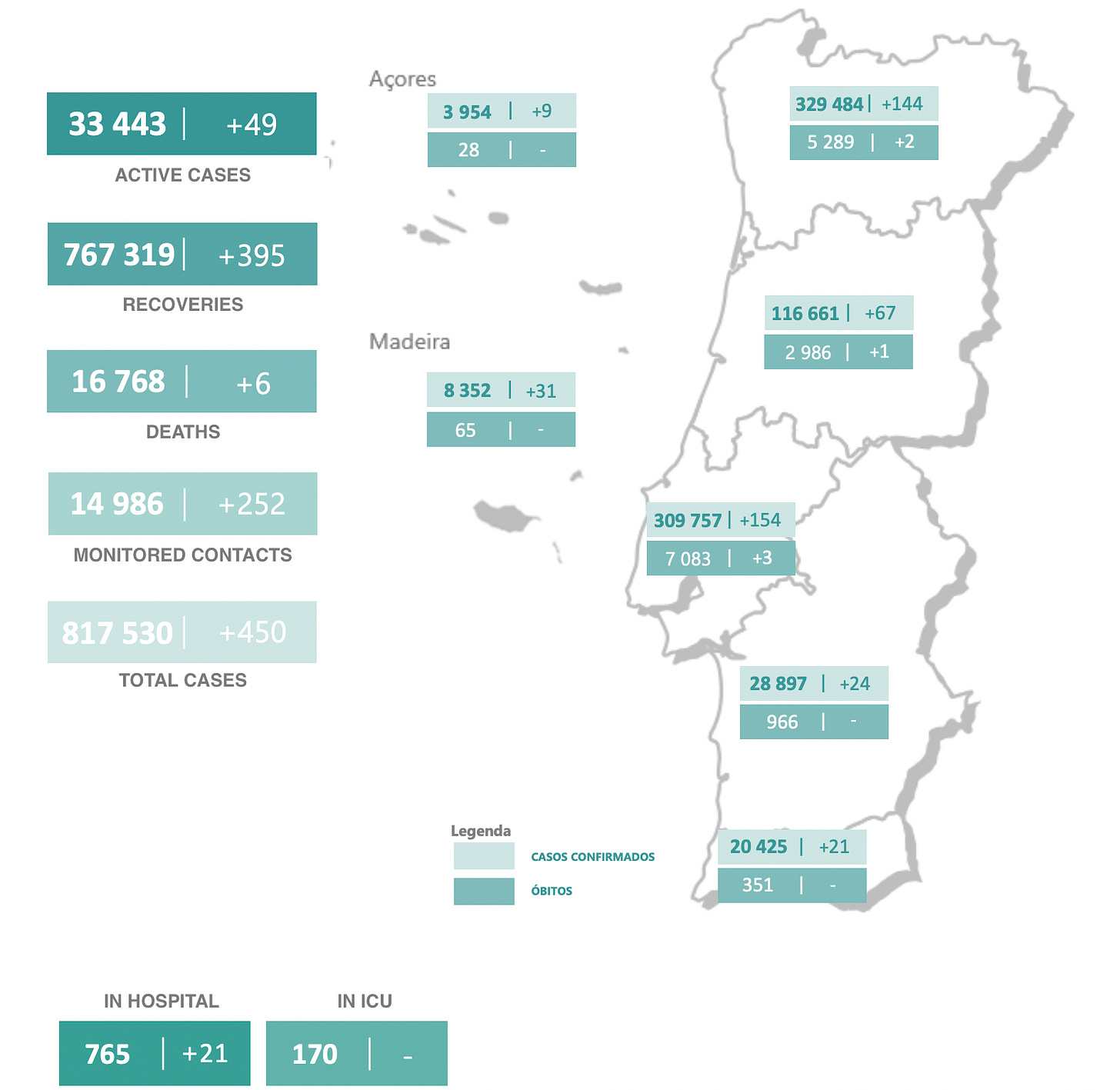
AstraZeneca vaccine declared safe after blood clot concern
There’s been a big controversy this week over the AstraZeneca vaccine, with many European countries, including Portugal, pausing the jab’s rollout amid concerns about blood clotting. Portugal, France, Germany and most other European countries have promised to start injections again on the back of a review from the European Medicines Agency that found the vaccine to be safe and effective, Público reports. You can read more about the entire saga from Reuters in English but essentially, a very small number of people developed blood clots after being vaccinated. That doesn’t mean the vaccine caused the clots (correlation is not causation) but some scientists saw enough of a potential link to be concerned, leading to the pause. The EMA found no association with an overall increased risk of blood clots but couldn’t definitively rule out a link to some extremely rare blood clots. It said any potential risk was far outweighed by the benefit of being vaccinated. And if you’re wondering why we’re facing such a long wait for vaccination while friends in the UK and US seem likely to get their first jabs shortly, this New York Times article goes a long way to explaining things.
Vaccination reminder: Foreigners and even non-residents are eligible for vaccination but you’ll need to be registered with the SNS. The second vaccination phase involving those over 50 with one of several relatively common diseases and everyone over 65 is due to kick off next month. More details here (in Portuguese, sorry). Use your browser to translate.
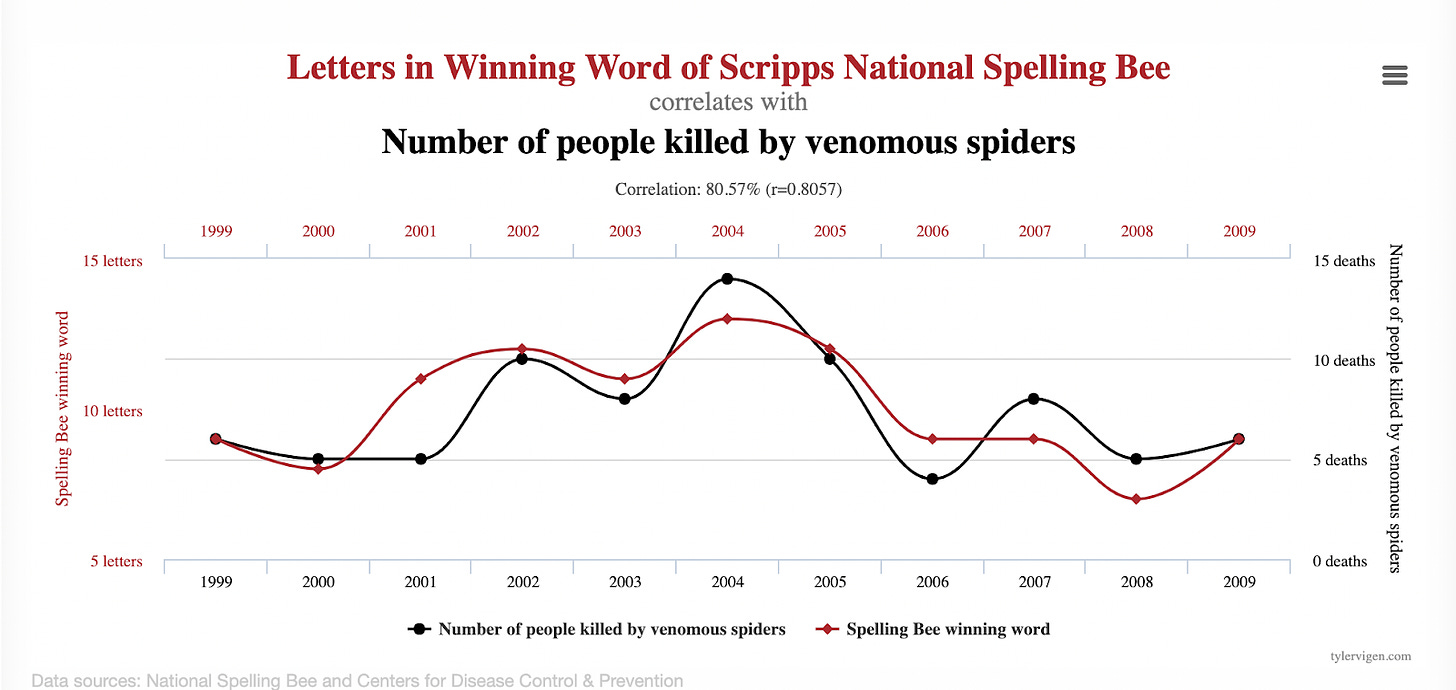
Travel changes for UK, Germany and South Africa
I’m guessing most of you aren’t travelling much at the moment but for those who need to, there have been a few big changes recently. The Guardian reports, in English, that Portugal is off the United Kingdom’s red list, meaning arrivals need only to present a negative covid-19 test and self-isolate instead of quarantining in a hotel, and can leave early under the test to release scheme. Of course, flights between the UK and Portugal are still suspended until at least March 31 and anyone arriving here from the UK needs to self-isolate for two weeks, Público reports. The same restrictions apply to Brazil and, as of this week, South Africa, Diário de Notícias reports. Germany also reopened its borders to Portugal this month, Expresso reported. Portuguese airline TAP actually has one of the most comprehensive roundups I’ve seen of the restrictions for coming and going to various European, African and American nations. As always, any travel advice here is general so please triple check with local authorities on both ends before travelling.
Remind yourself of the latest restrictions and reopening plan here.
Portugal’s dramatic covid-19 turnaround
What a difference a few weeks (and a lockdown) make. After suffering through the worst covid-19 outbreak in the world by population for much of January, Portugal is once again out of step with the rest of Europe, but this time in a good way. While we look hopefully towards a major easing of restrictions on April 5, many of our neighbours are thinking about tightening measures to control deadly third waves, Público reports. Germany remains in lockdown, France has tightened restrictions in great swathes of the country and tighter restrictions are in place in half of Italy. The below graphic by news magazine Sábado plots the rest of Europe on the Portuguese government’s reopening traffic light system. Pportuguese Prime Minister António Costa pointed to the worsening situation in much of Europe as a warning that neither the country nor us as individuals could let our guard down yet, Diário de Notícias reported.
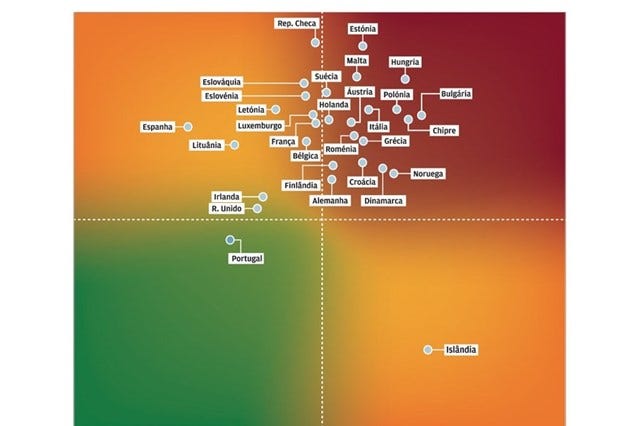
If you find this newsletter helpful, please help out if you can. If you’re subscribing, please note it now comes out weekly.
In brief
Constitutional Court declares euthanasia law unconstitutional. The lack of detail in some parts was a major stumbling block. The law is likely to go back to Parliament to be refined into something the court can accept. (Público)
The devastated arts and culture sector is still waiting on assistance announced in January. The government insists the €438 subsidy will begin to be paid by the end of this month. (Público)
The economy and the tragic figures brought on by the pandemic. GDP fell by 7.6%, tourist visits by more than 60% and almost 100,000 fewer people are working. (Diário de Notícias)
The Portuguese have been behaving fantastically throughout the pandemic, taskforce head says. Clinical psychologist Professor Margarida Gaspar de Matos is coordinating a team to study the behaviour of Portuguese people in relation to the pandemic. (Público)
On a lighter note
Ready for weird Portuguese tradition #1284? Starting way back in 1614, people would transport hundreds of kilos of snow from Serra da Estrela to Lisbon every day, just so the king could “drink snow”. The rest could then be sold to the common folk. Now, obviously there were no freezers back then, and it was done in the middle of summer, so by the time it arrived in Lisbon the snow had well and truly become water. Anyway, Clube Escape Livre, from Serra da Estrela’s Guarda municipality, is going to recreate the tradition this summer, using 4X4s and a boat instead of donkeys and horses, Público reports. Give Snow to Lisbon is happening on August 6 and 7, pandemic permitting.
Please keep sharing on Facebook, in real life or anywhere else you see people a bit confused by the latest news.




